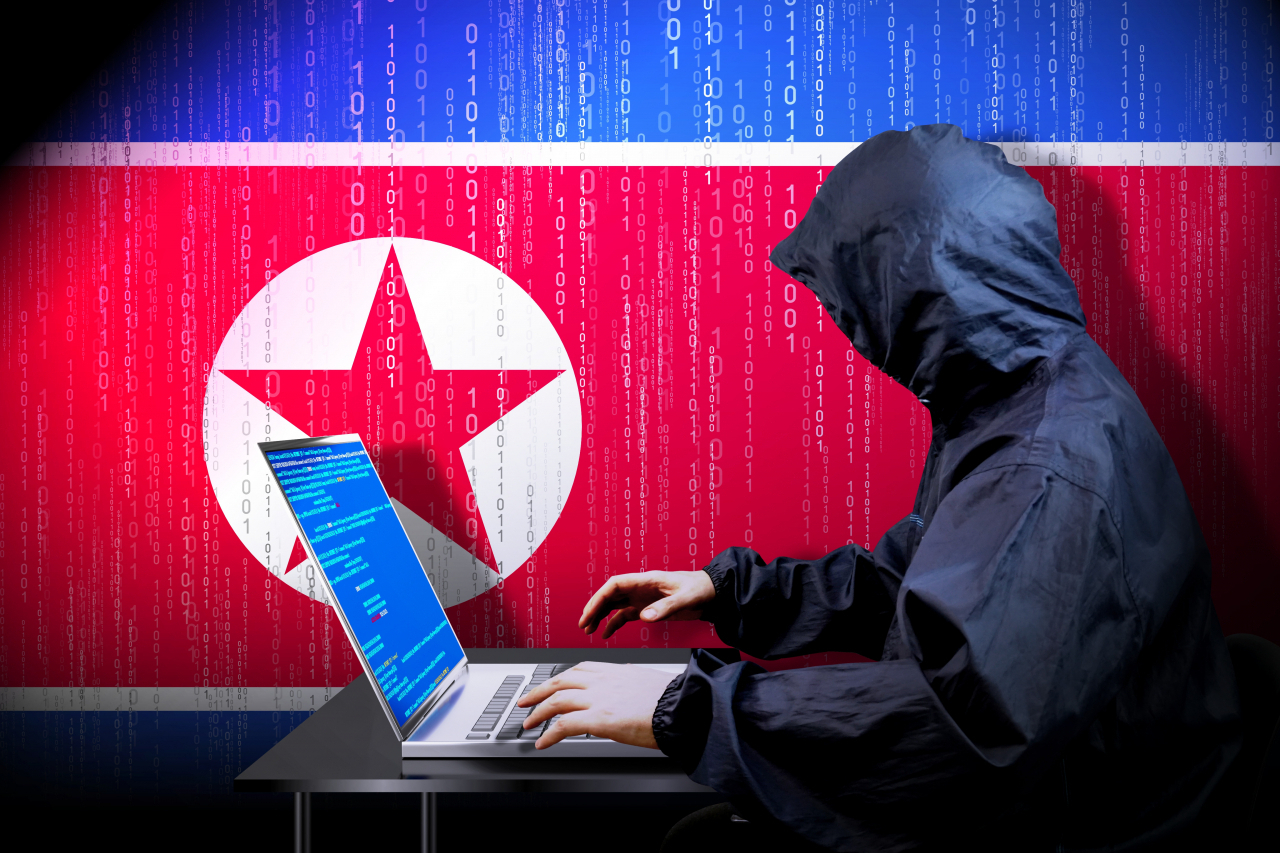
South Korea and the United States discussed bolstering steps to curb North Korean cyberattacks that the two allies say are meant to bankroll the isolated country’s nuclear and missile programs.
The two-day meeting that ended Tuesday in Washington focused on coordinating policy on sharing information about tactics Pyongyang has been using, such as deploying its overseas information technology workers. They work remotely through freelance platforms to steal cryptocurrencies, among other hacking activities.
The working-level meeting -- attended by Lee Jun-il, director general for North Korean nuclear affairs at the Foreign Ministry, and Jung Pak, the US deputy special representative for the Democratic People’s Republic of Korea -- did not publicly disclose specific cases of such activity.
“The United States and the ROK are pursuing a wide range of actions to prevent and disrupt DPRK cryptocurrency heists and other cyber-enabled revenue generation; address DPRK cyber espionage against the defense sector; and dismantle DPRK IT worker infrastructure and networks,” the US State Department said in a statement, referring to South Korea’s official name, the Republic of Korea, and that of North Korea, respectively.
According to Seoul and Washington, North Korea is believed to have earned an estimated $1.7 billion in 2022 through its tech workers. Joint efforts so far have done little to deter the Kim Jong-un regime from pursuing cyberattacks, with the regime having launched more than 70 ballistic missiles last year.
Wielding veto power, China and Russia have supported Pyongyang when it came to facing United Nations Security Council sanctions, a backing that is growing bigger. The North has sent munitions to Russia for its war in Ukraine, and is also close to launching soon what it calls a “spy satellite,” according to a South Korean lawmaker briefed last week on intelligence by the nation’s spy agency.
Rep. Yoo Sang-bum, a ruling party lawmaker on the intelligence committee, added Pyongyang appears to have received assistance from Moscow, offering no other specifics on the matter because of security protocol.
Seoul and Washington has said such military exchanges are banned under UNSC resolutions, which Russia had voted for. At the Washington meeting, Lee and Park reaffirmed strong response to what would be the North’s third spy satellite launch after two failures this year. The launch is part of a broader push by the Kim regime to advance weapons technologies, from missiles to submarines to satellites.
-
Articles by Choi Si-young



















![[Today’s K-pop] Treasure to publish magazine for debut anniversary](http://res.heraldm.com/phpwas/restmb_idxmake.php?idx=642&simg=/content/image/2024/07/26/20240726050551_0.jpg&u=)